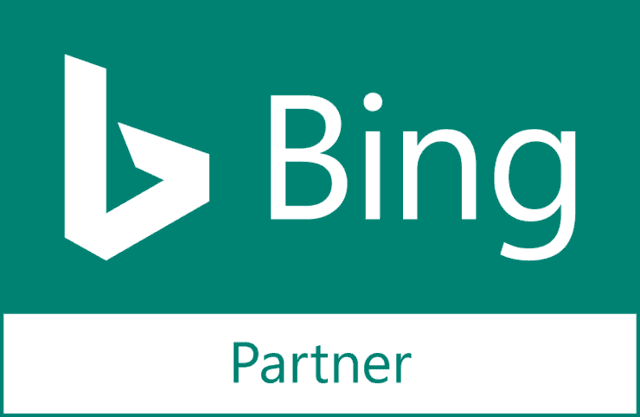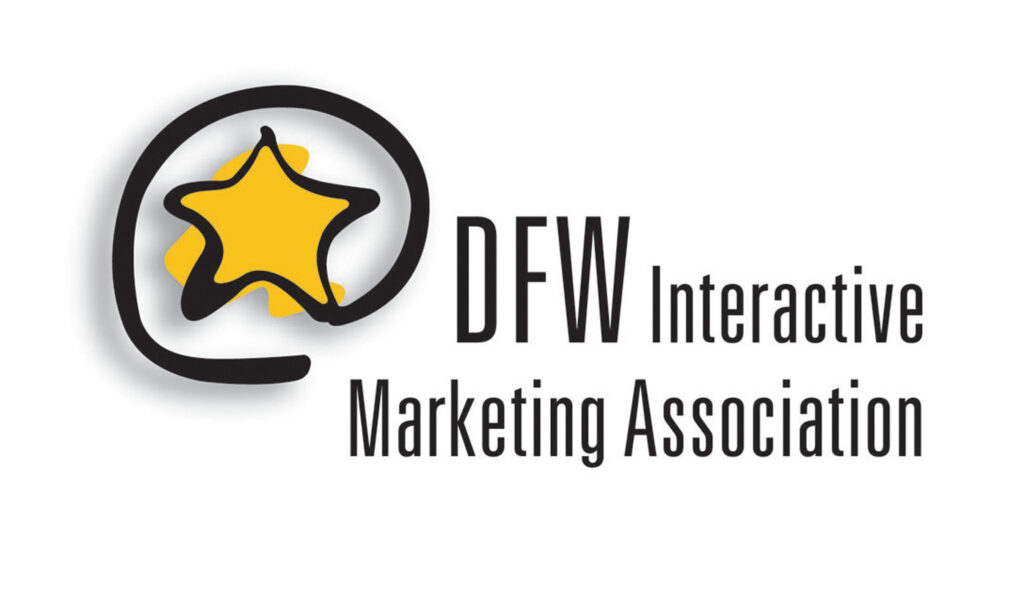Imagine a potential client, customer, or subscriber attempting to sign up for your email list and receiving the following message, “This site is NOT SECURE.” Do you think they will readily share their private information with such a site? Beginning October 2017, this scenario will be reality for Google Chrome users.
Google explained, “The new warning is part of a long-term plan to mark all pages served over HTTP as “not secure.” Whether Google should or should not use their influence as the dominant search engine and web browser to force this issue is beyond the scope of this article. What we will focus on is what this move means for site owners, Analytics users, and marketing agencies.
What does Google Chrome SSL adoption mean for site owners?
If you own a website, Google is forcing your hand to move to HTTPS. How important is this? If your site collects emails via on-page form or has any type of e-commerce functionality, not moving over to HTTPS before October 2017 could kill ongoing conversions or sign ups until you make the move.
Depending on whose numbers you believe, Chrome accounts for roughly 57 percent of the desktop market and 54 percent of the mobile market. With warnings appearing whenever people provide you their contact information or try to buy your products, NOT migrating would see a significant hit to any site’s numbers. Not good.
If you own a site, you should start this process sooner rather than later as you have less than two months. If you have a new site, changing over should be fairly easy. If you have a large or older site, this process can cause serious headaches. If you’re not comfortable tackling this yourself, contact your web host provider to get started. You can also contact a web development or technical SEO professional who will have answers to things you don’t even know you have questions about yet.
What does this mean for Google Analytics users?
Over the past few years, we’ve seen the “not provided” debacle remove a ton of referral keyword data in Analytics. The only way to retrieve the data is to verify your site in Google Search Console (formerly Webmaster Tools) and look at the data or export it in rolling 90-day increments.
We’ve also seen the slow creep of “direct” traffic labeling in Analytics as well. The direct bucket has become a general dumping ground for traffic which Google cannot readily identify the point of origin. Previously direct traffic would mean someone came to your site from a bookmark or typed it directly into a browser; no longer. It’s now the “I dunno” bucket and you should treat it as such.
What does this mean for marketing agencies?
If you’re a marketing agency, all of your clients should be made aware of this change. If you provide any sort of digital marketing service, SEO, web development or web hosting, this change WILL impact your clients. No matter which service you provide, you look like the hero when you bring potential impacts to their business to their attention. Any business owner or manager would prefer to have five people tell them there’s an iceberg up ahead, instead of finding out the hard way… Titanic style.
Google Chrome SSL adoption Conclusion
Migrating to SSL is not something to wait out or sit on if you depend on lead generation and customer acquisition from web forms or email lists. There are several pitfalls possible during the migration, namely “mixed content” issues, where all of the assets on a migrated page are not secure. These issues may also cause warnings.
Moving to a secure site is not a bad thing, but SSL migration for Chrome should involve the correct professionals if you have any doubts or questions about proper procedures. The implementation needs to be done right for ongoing, positive impact on your website’s ability to provide customers to your business.





